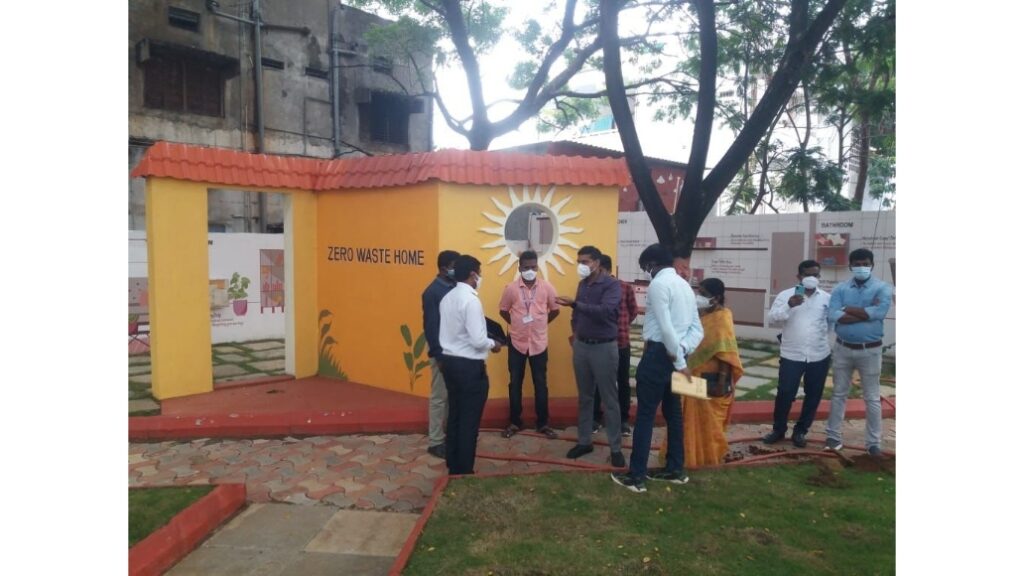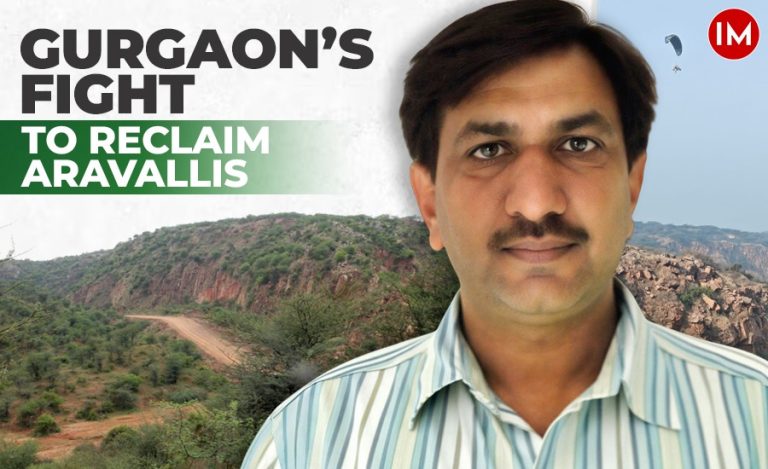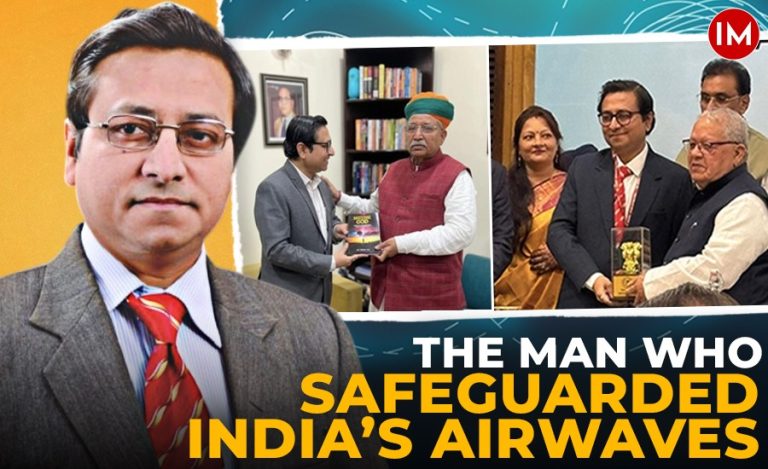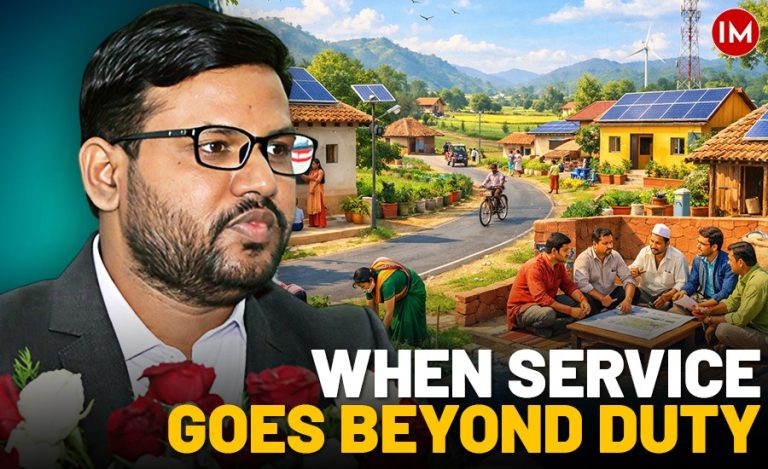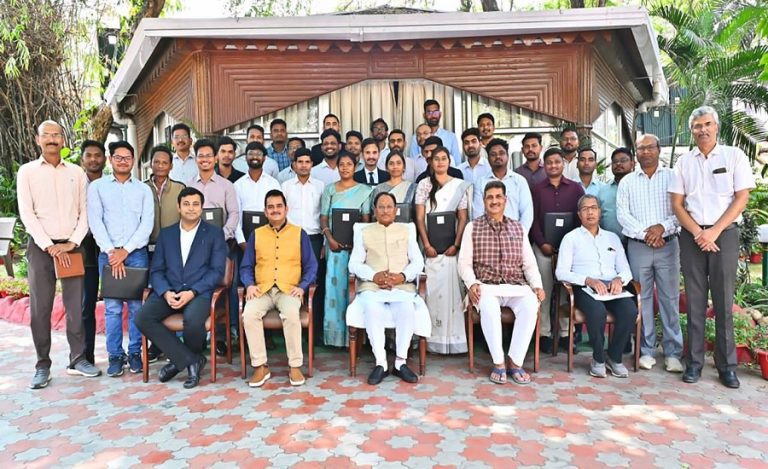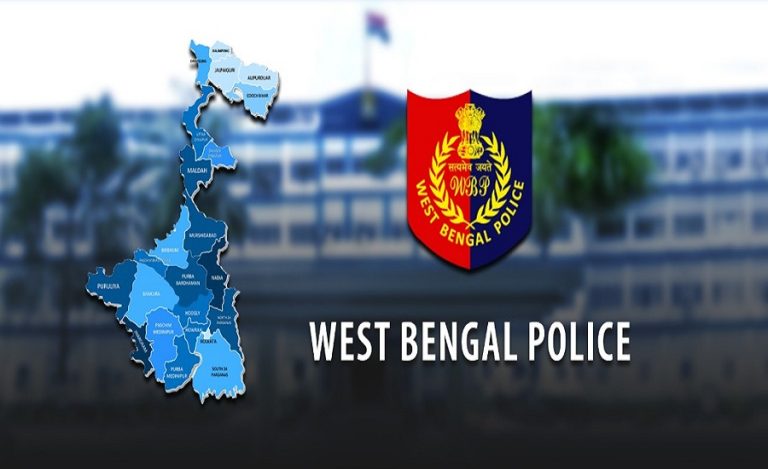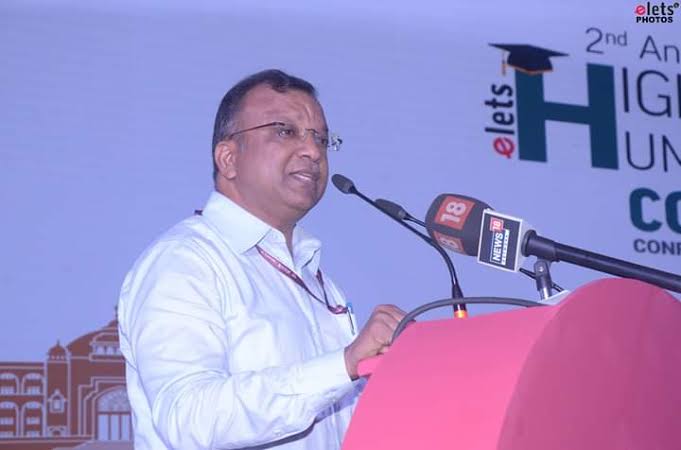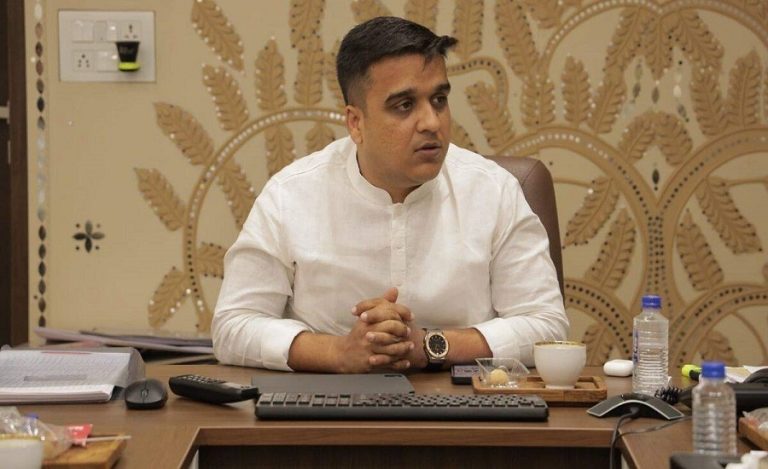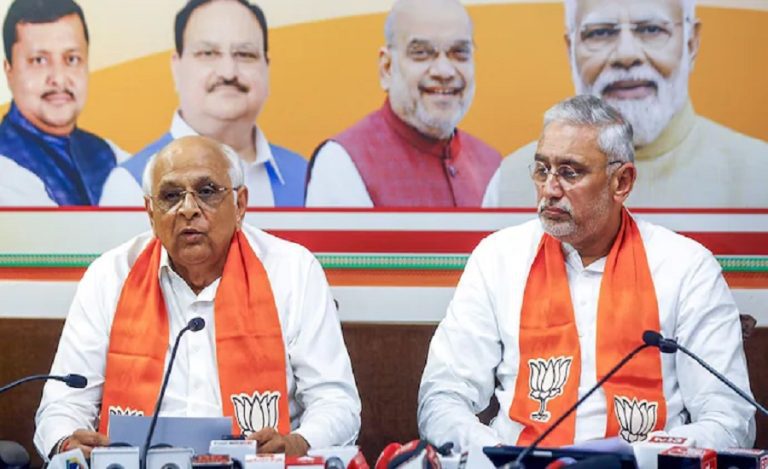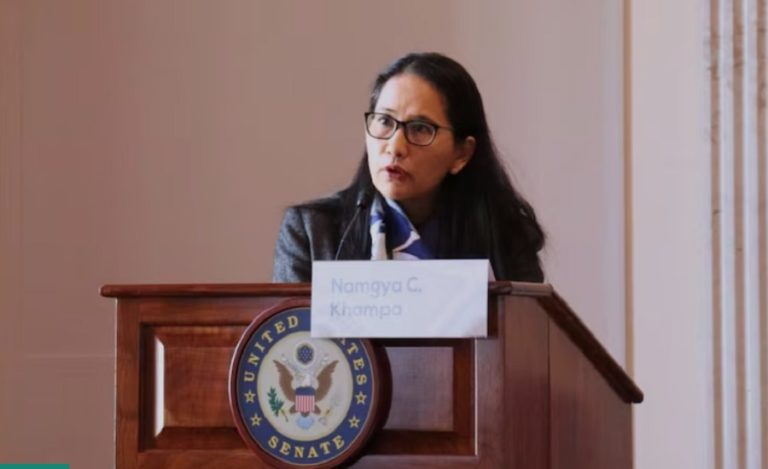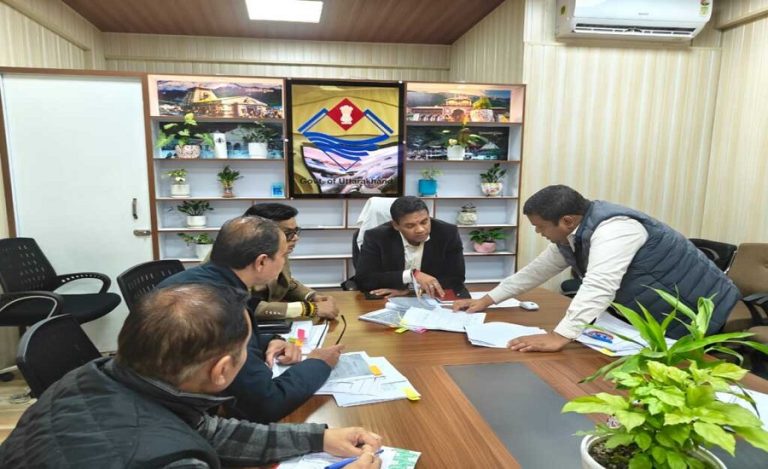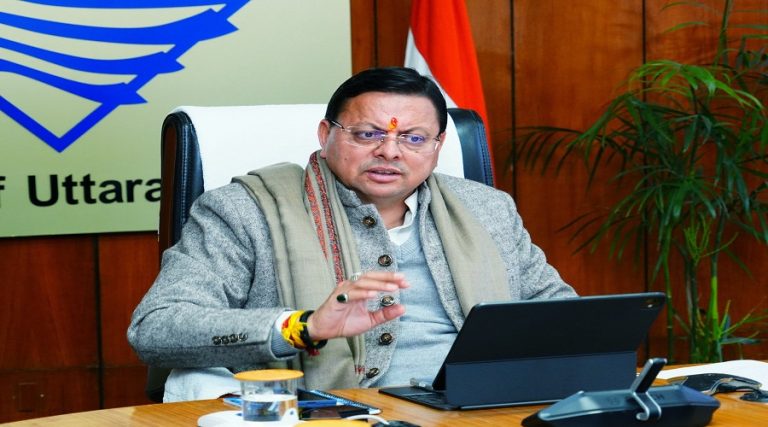Waste collection and disposal are a major concern for any municipal administration to keep cities clean and beautiful. To carry out the process in the best possible way, the district administration of Siddipet, a district in Telangana, has taken up some waste management initiatives, whereby people are sensitised on the need for proper waste segregation and composting.
In an exclusive interview with Indian Masterminds, IAS Muzammil Khan, Additional Collector (Local Bodies), Siddipet, Telangana, outlined the major initiatives like solid waste management, divine compost and Swachh School taken up by the administration in the district.
SOLID WASTE MANAGEMENT
The solid waste management initiative is a state government-led initiative to build infrastructure in every village towards waste segregation and the scientific disposal of waste. In accordance with this initiative, the Siddipet district administration conducted a survey to measure how much waste is being generated in the district. “We have a rough estimate of about 800 gm wet waste per household and about 10 gm of dry waste per household per day,” informed Additional Collector Muzammil Khan.

The district administration tied up the logistics, and it was decided to procure vehicles to handle waste separately. Mr. Khan said, “We started transporting this waste to designated points with pre-built infrastructure where the waste would be disposed of in a scientific manner. This was the first phase of the program.”
In the second phase, Mr Khan said that they started noticing that the wet waste had no end point to go after it was composted. “For dry waste, we send it to companies that reprocess glass, plastics and other dry wastes. They give us some remuneration, which we use towards employing people at resource centres, etc.,” the officer added. However, for the wet waste, there were no takers, and so the administration started thinking of a solution.
DIVINE COMPOST
Finally, they hit upon the idea of making sacred compost from wet waste. The administration went to a number of temples and saw that temples have a lot of flower and fruit waste that gets disposed of on their own. “We came upon this idea of divine compost. We collect the wet waste from the temple, compost it, and sell it to people as divine compost and, also, tell them how the compost was made,” Mr Khan said.
The administration started giving samples of the compost to farmers. The selling point was that its use will improve yield. The farmers were also tutored on how, with active use of fertilisers, they will be able to improve their farming substantially.

“In India, sourcing something with a spiritual bend usually has a better acceptance among the general population. That’s why we took up the concept of divine compost,” said the officer.
WASTE SEGREGATION
However, the administration faced problems with waste segregation when it came to the ordinary citizens, as the people felt that it was something for the municipality to do and not them. “They think that municipality people come to the doorstep to take the waste and go away, so why should they be concerned with segregating it? Hence, we were only getting 10% of segregated waste in the municipality close to a year ago,” Mr. Khan said.
Hence, to promote segregation of waste before handing it out to the collectors, the Municipal Commissioner of the district came up with a brilliant idea. The idea was that if someone gives unsegregated waste, then the municipality collectors will separate that waste right in front of their home. This was done to show the people the effort that goes into segregating the waste.

“In combination with this, we have the standard practice of giving them two waste dustbins so that they segregate their waste. We started providing the dustbins to each household free of cost because our intention is to get them to segregate the waste before handing over,” Mr Khan said.
SWACHH SCHOOL
With a view to teaching people about the proper and efficient way of collecting garbage and segregating waste, the administration also launched an initiative called Swachh Badi or Swachh School.
“We put up demonstrable vistas of composting to show how easy it is to make the compost, how to maintain it, how it doesn’t smell, and the benefit one can get from it,” said the collector.
The Swachh Badi has a digital classroom facility to conduct a variety of learning sessions to cover end to end aspects of solid waste management.
“We thought to use it not only to educate the urban population but also to take it to all those officers as well who are not involved with the Panchayati Raj and Urban local bodies who do solid waste management,” he added.
SUCCESS RATE
According to the Additional Collector, this initiative has been a great success within a year and a half. “I have five municipalities in my district, out of which three of them have shown a 100% success rate; the rest is around 80%. Hopefully, soon, we will be able to declare the entire district as having achieved 100 per cent success in the waste management initiative,” Mr Khan concluded.

